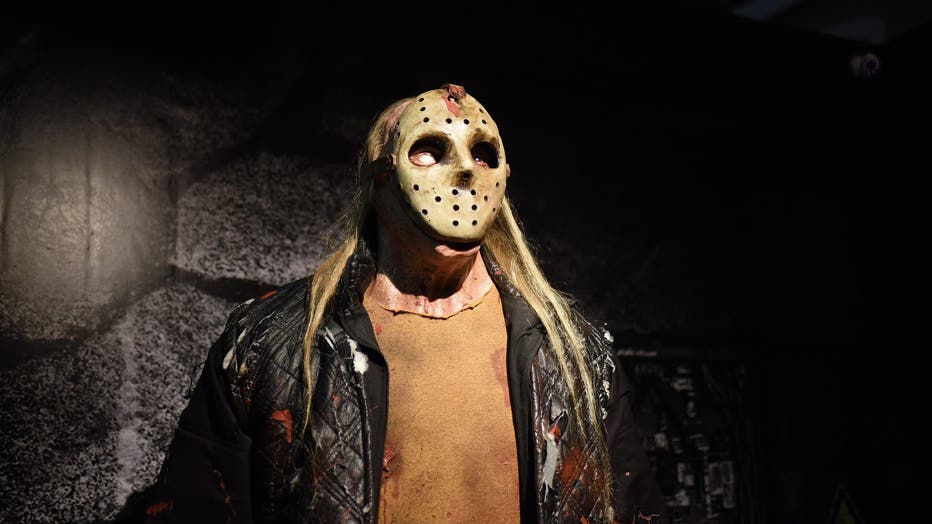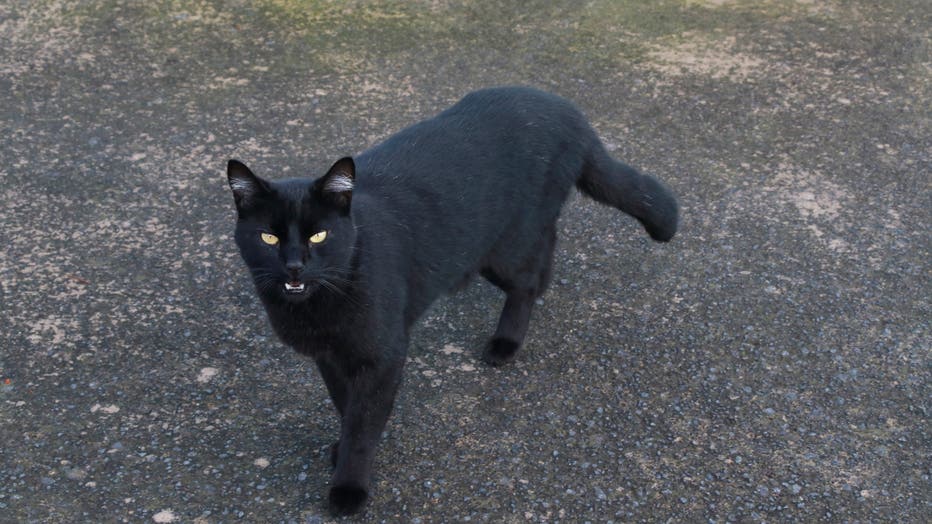Why Friday the 13th is considered unlucky across the world
Friday the 13th has long been associated with superstition, and historically, certain events have occurred on this date that have added to its ominous reputation.
Keep reading to learn more about Friday the 13th, how it started and the myths surrounding the day steeped in fear and folklore.
What does Friday the 13th represent?
Friday the 13th symbolizes a day of bad luck and superstition for many people across the world. According to history.com, this belief combines two elements of misfortune: the day Friday, historically seen as unlucky in various cultures, and the number 13, which has long been viewed as an ill-fated number in both Western and Eastern traditions. Together, they create a day feared by some for potential mishaps.
What happens when it's Friday the 13th?
On Friday the 13th, people often approach the day with caution, avoiding significant decisions or events. Superstitions around this day may include avoiding travel, delaying surgeries or steering clear of major financial decisions. Airlines have even reported a drop in bookings on this date, and some buildings omit the 13th floor entirely.

Waxwork of Jason Voorhees' character in "Friday the 13th" movie on display at Dreamland Wax Museum in Rio de Janeiro, Brazil on March 11, 2017. (Fabio Teixeria/Anadolu Agency/Getty Images)
What happens in the ‘Friday the 13th’ movie?
In the popular horror franchise "Friday the 13th," the story revolves around the fictional Camp Crystal Lake. A young boy named Jason Voorhees supposedly drowns in the lake due to the negligence of camp counselors. His mother, Pamela Voorhees, later seeks revenge by killing the counselors. Jason eventually emerges as the primary killer throughout the series, with his signature hockey mask becoming a cultural icon.
What is the true story behind Friday the 13th?
The superstitions surrounding Friday the 13th seem to be a mix of religious beliefs, folklore and historical events. The most famous historical event tied to this date is the arrest of the Knights Templar, but there is no single, definitive "true story" behind Friday the 13th. Over the years, literature and pop culture have further contributed to the myth, most notably the horror franchise.
Who is the killer in the 'Friday the 13th’ movie?
In the original "Friday the 13th" movie, the killer is Pamela Voorhees, seeking revenge for her son Jason’s death. However, in the subsequent films, Jason Voorhees takes over as the primary antagonist, often depicted wearing a hockey mask and wielding a machete.

A black cat is seen in Mexico City, Mexico, on August 17, 2024. (Jose Luis Torales/NurPhoto via Getty Images)
Why are black cats associated with bad luck?
Black cats are often associated with Halloween and bad luck, especially crossing paths with one on Halloween or Friday the 13th.
According to history.com, "written records link black cats to the occult as far back as the 13th century when an official church document called "Vox in Rama" was issued by Pope Gregory IX on June 13, 1233. In it, black cats were declared an incarnation of Satan." In addition to being linked to Satan, history.com says that "cats also became inextricably linked to witches in medieval Europe."
What is Friday the 13th's real name?
In terms of the franchise, the real name associated with the "Friday the 13th" series is Jason Voorhees. He is the central figure of the horror saga, though his mother is the initial villain in the first film.
Why is it called Friday the 13th?
The combination of "Friday" and the number "13" has roots in superstition. Friday has long been considered unlucky in Christianity, as it was the day of Jesus Christ’s crucifixion (Friday, April 3, AD 33). The number 13 has also been seen as unlucky due to its association with the Last Supper, where Judas Iscariot, the betrayer, was the 13th guest. Over time, these two ideas merged, and Friday the 13th became a symbol of bad luck.
What is the myth of Friday the 13th?
The myth of Friday the 13th varies from culture to culture, but in general, it represents a day when bad things are more likely to happen.
Many attribute its origin to the Knights Templar's arrest in 1307, while others link it to ancient Norse mythology, where 13 gods were invited to a banquet, and chaos ensued. The idea of bad luck on Friday the 13th has persisted through centuries, bolstered by media and cultural depictions.
MORE NEWS FROM FOX SEATTLE
Green River Killer Gary Ridgway booked into King County Jail
River otter pulls young child into WA water, attacks family at marina
How much does it really cost to go to the WA State Fair? We found out
30-year mortgage rates hit lowest level in 19 months, Seattle rents rise
Seattle market sees rise in home listings, higher prices
To get the best local news, weather and sports in Seattle for free, sign up for the daily FOX Seattle newsletter.

